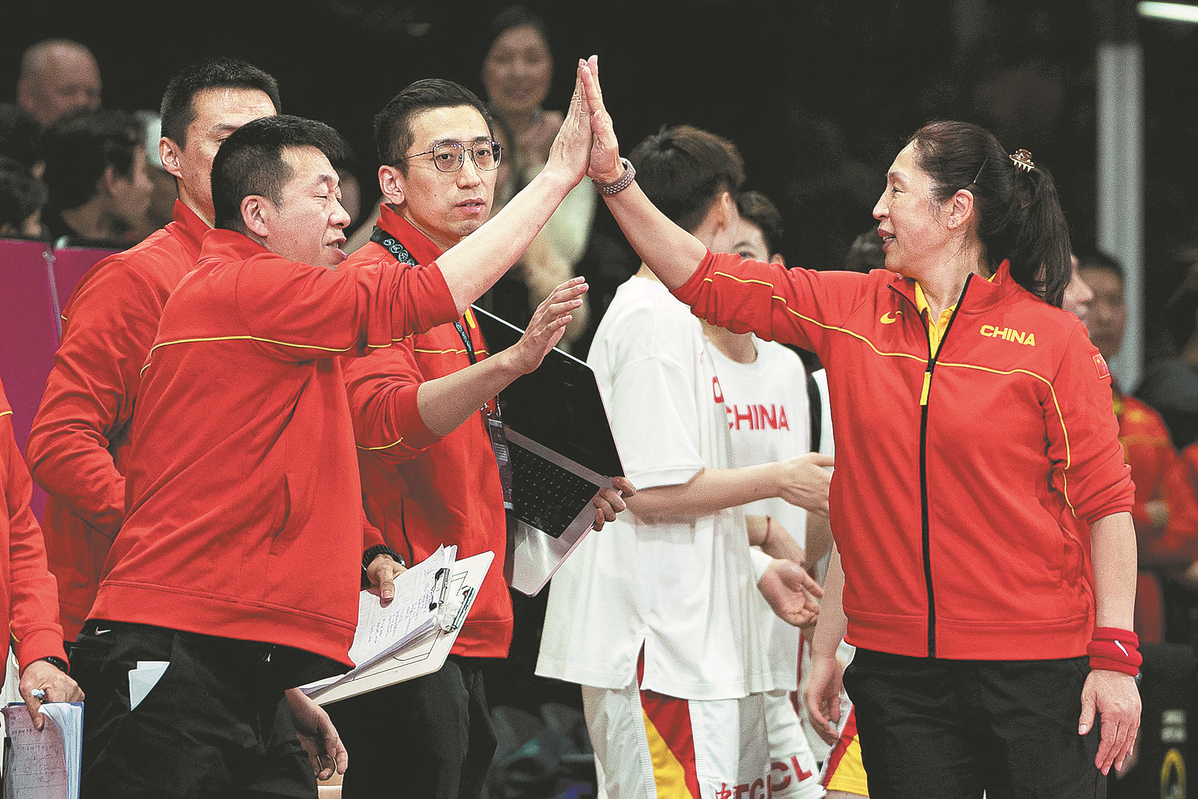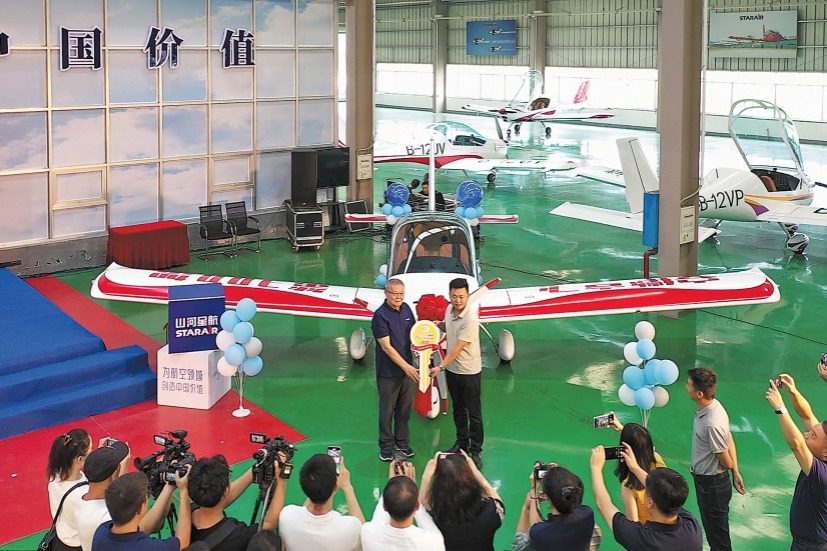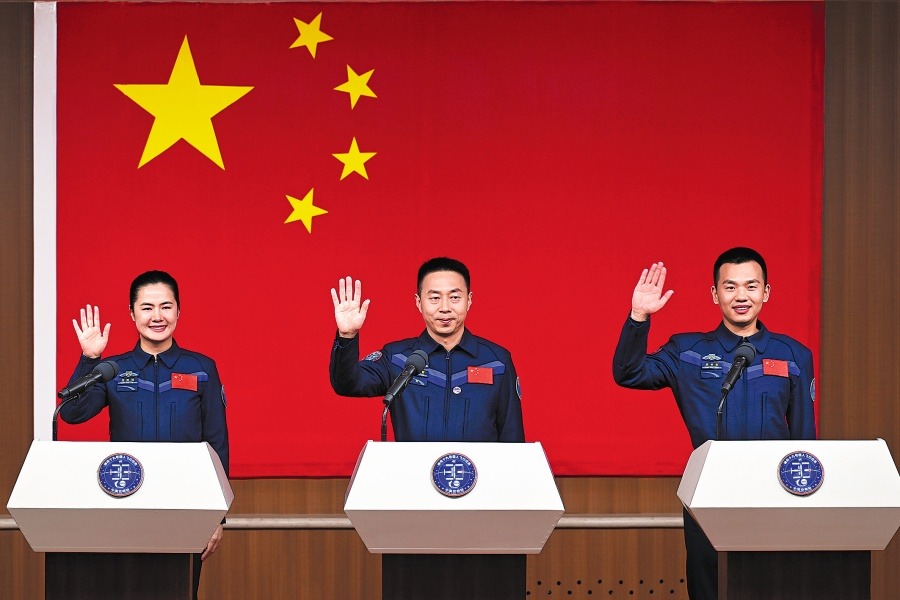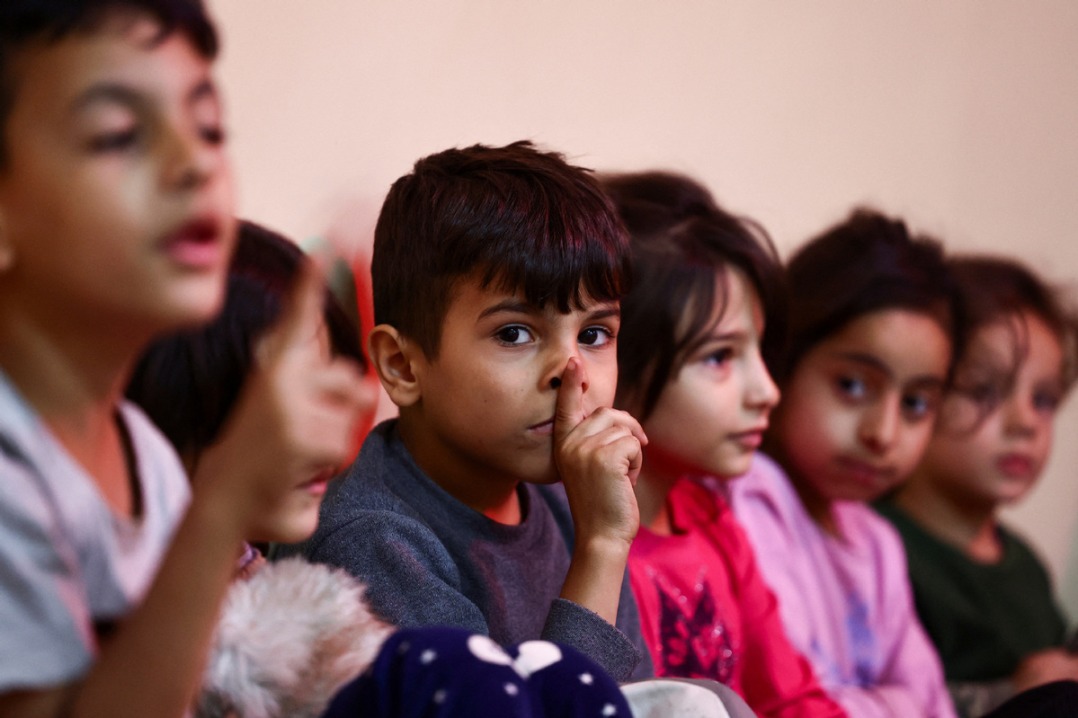Trusting the process


China's lack of training time together was apparent in the disjointed performances in the group matches, with the team needing to come through overtime to dispatch South Korea.
"We were not in good form in the group stage and tried to build our chemistry along the way. But these three group matches allowed us to pinpoint and sort out our problems," Zheng said.
Indeed, China gradually moved through the gears, seeing off host Australia in their semifinal and peaking in the title showdown against Japan.
"Before the semifinal, we regrouped mentally, with an emphasis on showcasing our fighting spirit and focusing on the process. After winning that match, I felt that our confidence was back," explained Zheng, whose team had lost to the Aussies in a pre-tournament warm-up game.
A leg injury to captain Yang Liwei late in the semifinal dealt China a fresh setback and forced another tactical rethink from Zheng.
"As we had not won the Asia Cup for 12 years, I think those veterans in particular really wanted to win it badly, and didn't want to miss the chance again this time," she said.
"Despite Yang's absence, everyone else stepped up and we managed to contain our opponents through our defense and still play our own game as well. It was quite tough."
Zheng was particularly heartened by her players' grit and determination when things weren't quite going to plan.
"We felt a bit down after losing so many matches, but if you don't experience this, you might always think of yourself as the runner-up at the World Cup," she added.
"Every day we encountered new problems, and we tried to solve them."
Team China continued to look like a work-in-progress in the early stages of the final, but Zheng's interval team talk galvanized her troops.
"At halftime, I told them to keep coolheaded and stick to their style. From the third quarter on, we were more patient and relied on teamwork. The game was then basically in our control," she said.
Zheng was also pleased with the players' cohesion in the face of the team's many challenges.
"Those playing overseas or carrying injuries came back to the national team without any hesitation. Whether starting the game or sitting on the bench, playing offense or defense, they always served the needs of the team," she said.
























